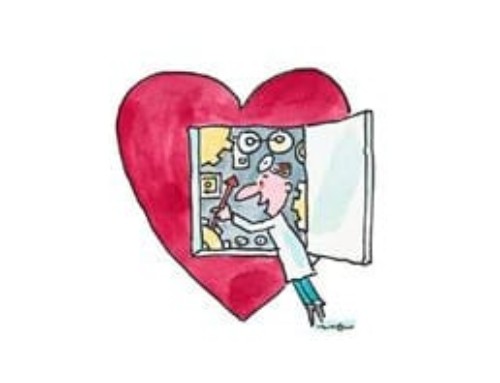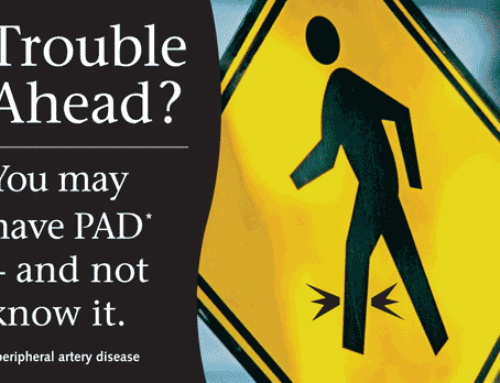by JANET ST. JAMESPLANO — Parents often joke that their kids give them a heart attack. But for some new and expectant mothers, it’s no joke.
A North Texas couple is bringing attention to a rare, but known heart complication of pregnancy.
When Kariana Karhu was born in late December, her mother’s heart filled with pride and love. Two weeks later, Suzanne Karhu’s heart very nearly stopped.
“I received a distressed phone call from my wife,” Chris Karhu said. “She was very panicked, and all she could say was, ‘Help me, help me!’”
At the hospital, doctors diagnosed the 39-year-old mom with a coronary dissection, meaning one of the main arteries to her heart had ripped.
“It actually only took the first picture,” said cardiologist Dr. Mordecai Klein after viewing an X-ray. “I was shaking for two hours… that’s how close she was to death.”
Some symptoms of pregnancy-related heart problems include:
• fatigue
• feeling of racing heart or skipping beats
• increased nighttime urination
• shortness of breath
• swelling
Expectant or new mothers with those signs should tell their doctors right away.
Experts suspect hormones or the stress of childbirth may weaken heart muscle.
In Suzanne Karhu’s case, a coronary dissection is even more rare and usually isn’t diagnosed until after death.
She and her husband returned to Medical Center of Plano to thank the doctors, nurses, and paramedics who saved her life.
“I never knew so many people were involved,” said Suzanne, who was unconscious for much of the ordeal.
The Karhus credit the emergency and medical team with working a miracle to save little Kariana’s mother.
“She’s going to make a full recovery, live a long life, and take care of our daughter,” Chris Karhu said with a smile “Thank you guys very much.”
Heart disease is a rare, but known complication of pregnancy. It happens in one about 4,000 cases.
According to a report published in the July 2008 issue of the Journal of the American College of Cardiology, becoming pregnant can double or triple a woman’s risk for heart attack, even though heart attack in child-bearing years is considered rare.
E-mail jstjames@wfaa.com




